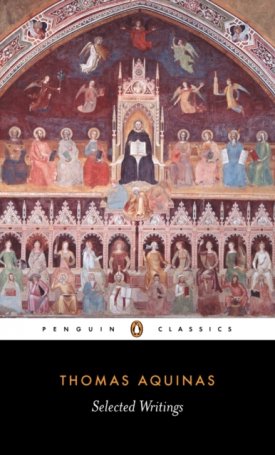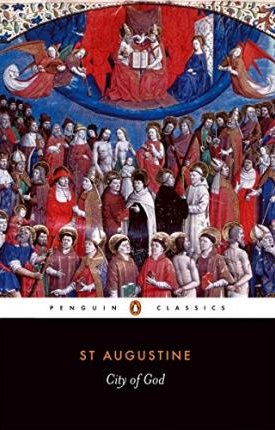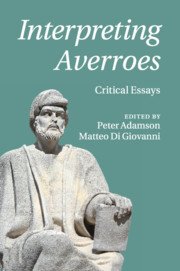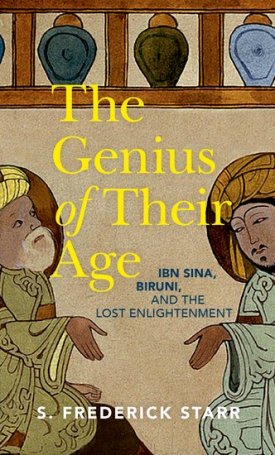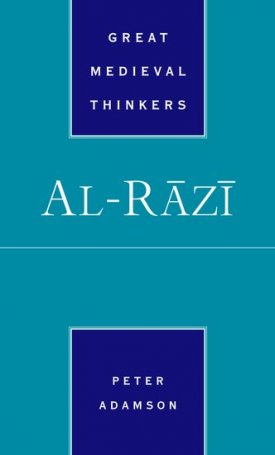Buddhist Philosophy - Essential Readings
ISBN: 9780195328172
Nyelv: angol
Méret: 155*234
Tömeg: 662 g
Oldalszám: 480
Megjelenés éve: 2009
Buddhist Philosophy - Essential Readings
ISBN: 9780195328172
Nyelv: angol
Méret: 155*234
Tömeg: 662 g
Oldalszám: 480
Megjelenés éve: 2009
The Buddhist philosophical tradition is vast, internally diverse, and comprises texts written in a variety of canonical languages. It is hence often difficult for those with training in Western philosophy who wish to approach this tradition for the first time to know where to start, and difficult for those who wish to introduce and teach courses in Buddhist philosophy to find suitable textbooks that adequately represent the diversity of the tradition, expose students to important primary texts in reliable translations, that contextualize those texts, and that foreground specifically philosophical issues.
Buddhist Philosophy fills that lacuna. It collects important philosophical texts from each major Buddhist tradition. Each text is translated and introduced by a recognized authority in Buddhist studies. Each introduction sets the text in context and introduces the philosophical issues it addresses and arguments it presents, providing a useful and authoritative guide to reading and to teaching the text. The volume is organized into topical sections that reflect the way that Western philosophers think about the structure of the discipline, and each section is introduced by an essay explaining Buddhist approaches to that subject matter, and the place of the texts collected in that section in the enterprise.
This volume is an ideal single text for an intermediate or advanced course in Buddhist philosophy, and makes this tradition immediately accessible to the philosopher or student versed in Western philosophy coming to Buddhism for the first time. It is also ideal for the scholar or student of Buddhist studies who is interested specifically in the philosophical dimensions of the Buddhist tradition.
CONTENTS:
Acknowledgments
Table of Contents
Introduction
Part I: Metaphysics and Ontology
1. Theravada Metaphysics and Ontology: Kaccanagotta (Samyutta-nikaya) and Abhidhammatthasangaha Noa Ronkin
2. Nagarjuna's Mulamadhyamakakarika (Fundamental Verses of the Middle Way): Chapter XXIV: Examination of the Four Noble Truths, Jay L. Garfield
3. Vasubandhu's Trisvabhavanirdeśa (Treatise on the Three Natures), Jay L. Garfield
4. Santaraksita's "Neither-One-Nor-Many" Argument from The Ornament of the Middle Way (Madhyamakalamkara): A Classical Buddhist Argument on the Ontological Status of Phenomena, James Blumenthal
5. Mipam Namgyel: The Lion's Roar Affirming Extrinsic Emptiness, Matthew Kapstein
6. Dushun's Huayan Fajie Guan Men (Meditative Approaches to the Huayan Dharmadhatu), Alan Fox
7. Dogen's "Mountains and Waters as Sutras" (Sansui-kyo), Graham Parkes
8. Nishitani Keiji's "The Standpoint of Zen: Directly Pointing to the Mind", Bret Davis
Part II: Philosophy of Language and Hermeneutics
9. Sensation, Inference, and Language: Dignaga's Pramanasamuccaya, Richard Hayes
10. Jñ?nagarbha's Verses on the Distinction Between the Two Truths, David Eckel
11. Language and the Ultimate: Do Madhyamikas Make Philosophical Claims? A Selection from Khedrupjey's Great Digest, José Cabezón
12. Zongmi's Inquiry into the Origin of the Human Condition (Yuanren lun): The Hermeneutics of Doctrinal Classification, Peter Gregory
13. Dogen's Shobogenzo Fascicles "Katto" and "Osakusendaba", Steven Heine
14. Beyond Awareness: T?rei Enji's Understanding of Realization in the Treatise on the Inexhaustible Lamp of Zen, Chapter VI, Michel Mohr
Part III: Epistemology
15. The approach to knowledge and truth in the Theravada record of the discourses of the Buddha, Peter Harvey
16. Dharmakirti and Dharmottara on the Intentionality of Perception: Selections from "An Epitome of Philosophy" (Nyayabindu), Dan Arnold
17. The Role of Knowledge of Causation in Dharmakirti's Theory of Inference: The Pramana-varttika, Brendan Gillon
18. Yogacara Theories of the Components of Perception: The Buddhabhumy-upadeśa, Dan Lusthaus
19. Classification of Non-Authoritative Cognitive Processes (tshad min) in the Ngog and Sakya Traditions, Leonard W.J. van der Kuijp
20. Understanding the Two Truths: Tsongkhapa's Ocean of Reasoning: A Great Commentary on Nagarjuna's "Mulamadhyamakakarika", Jay L. Garfield
21. The Deluded Mind as World and Truth: Epistemological Implications of Tiantai Doctrine and Praxis in Jingxi Zhanran's Jingangpi and Zhiguan yili, Brook Ziporyn
22. The Presencing of Truth: Dogen's Genjokoan, Bret Davis
Part IV: Philosophy of Mind and the Person
23. Theravada Philosophy of Mind and the Person: Anatta-lakkhana Sutta, Maha-nidana Sutta, and Milindapa ńha, Peter Harvey
24. Pudgalavada Doctrines of the Person, Dan Lusthaus
25. Vasubandhu's Abhidharmakośa: The Critique of the Pudgalavadins' Theory of Persons, James Duerlinger
26. Vasubandhu's Abhidharma-ko?a: The Critique of the Soul, Charles Goodman
27. Candrakirti's Madhyamakavatarabhasya VI.86-97: A Madhyamaka Critique of Vijñanavada Views of Consciousness, C.W. Huntington, Jr.
28. Śantaraksita's Tattvasamgraha: A Buddhist Critique of the Nyaya View of the Self, Matthew Kapstein
29. Zhiyi's Great Calming and Contemplation: "Contemplating Mental Activity as the Inconceivable Realm", Hans-Rudolph Kantor
30. "The Mind is Buddha": Pojo Chinul's Secrets on Cultivating the Mind, Jin Y. Park
31. Nishida's Conception of Person, Gereon Kopf
Part V: Ethics
32. Theravada Texts on Ethics, Peter Harvey
33. The Bodhisattva Path: Śantideva's Bodhicaryavatara, William Edelglass
34. Asanga's Bodhisattvabhumi: The Morality Chapter, Gareth Sparham
35. Essentials of Observing and Violating Bodhisattva Precepts: Wonhyo's Non-Substantial Mahayana Ethics, Jin Y. Park
36. Thich Nhat Hanh's Interbeing: Fourteen Guidelines for Engaged Buddhism, William Edelglass
37. Joanna Macy: The Ecological Self, William Edelglass
38. Buddhist Feminist Reflections, Karma Lekshe Tsomo
Contributors
AUTHORS:
William Edelglass is Assistant Professor of Philosophy at Marlboro College. Previously he taught at the Institute of Buddhist Dialectics, Dharamsala, India. His research focuses on Buddhist philosophy, environmental philosophy, and twentieth century continental philosophy.
Jay Garfield is Kwan Im Thong Hood Cho Temple rofessor of Humanities at Yale-NUS College. His books include the translations of Nagarjuna's Mulamadhyamakakarika: The Fundamental Wisdom of the Middle Way (OUP, 1995); Tsong khapa's Ocean of Reasoning (OUP, 2002), and Empty Words: Buddhist Philosophy and Cross-Cultural Interpretation (OUP, 2006).
Szerkesztő: Garfield, Jay , Edelgass, William
Kategória: Filozófia / középkor, Filozófia / ókor, Vallás / buddhizmus





